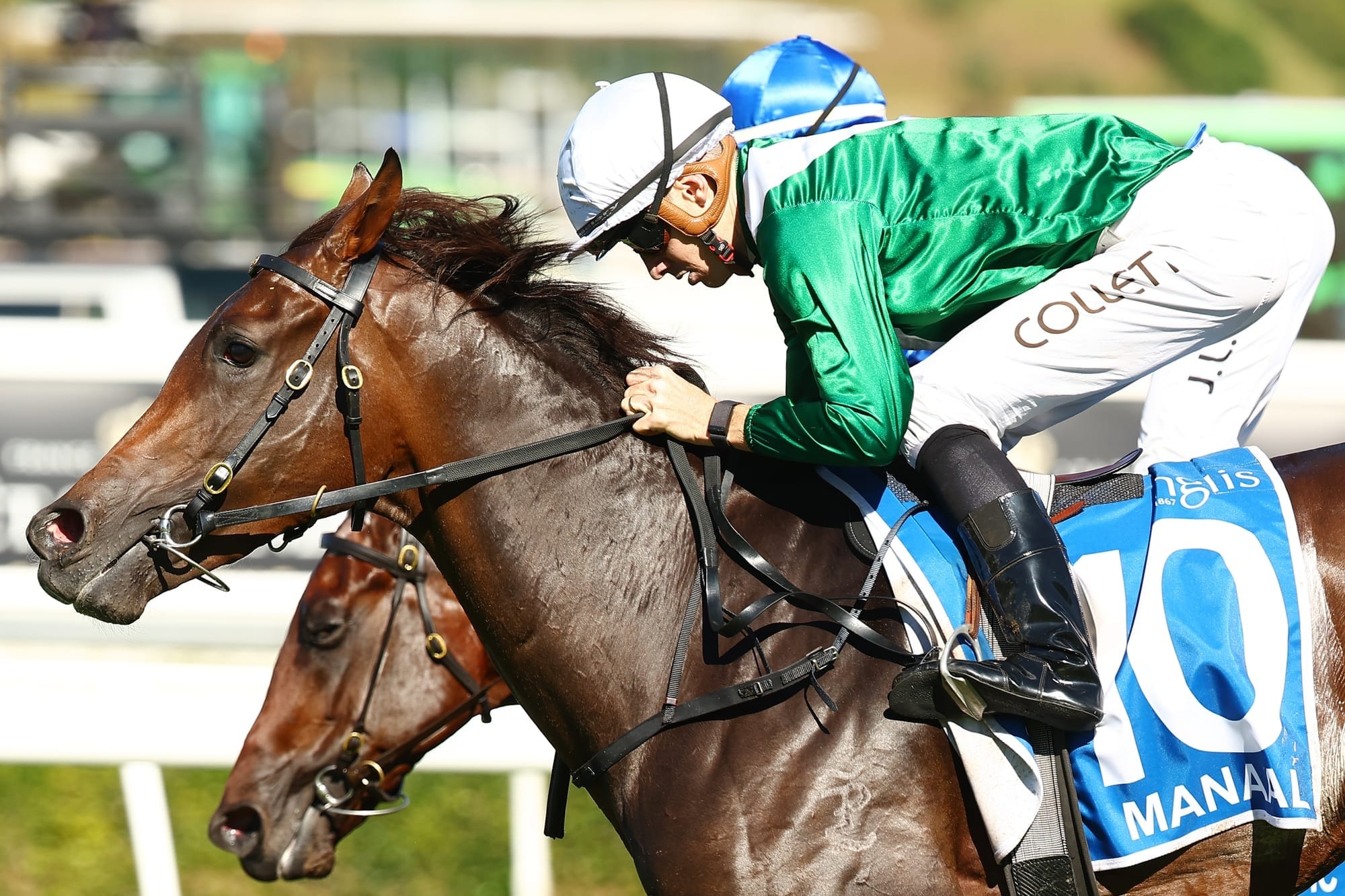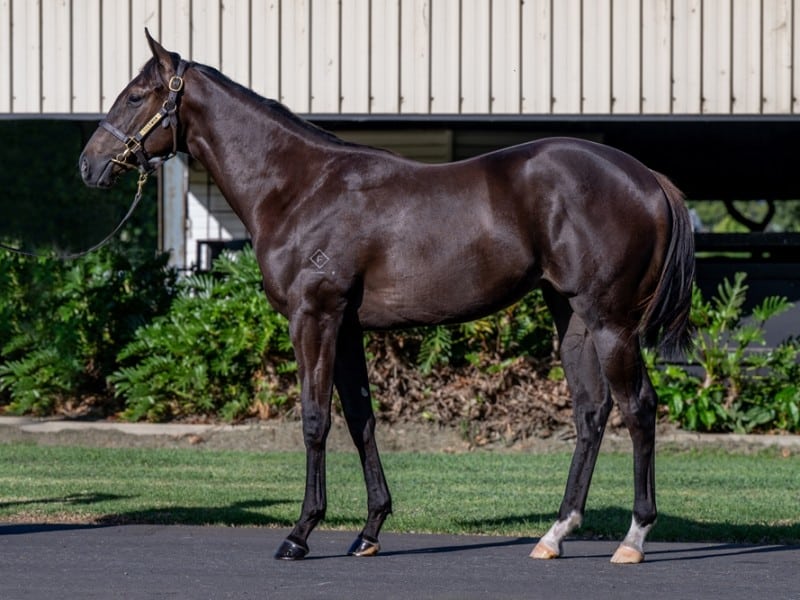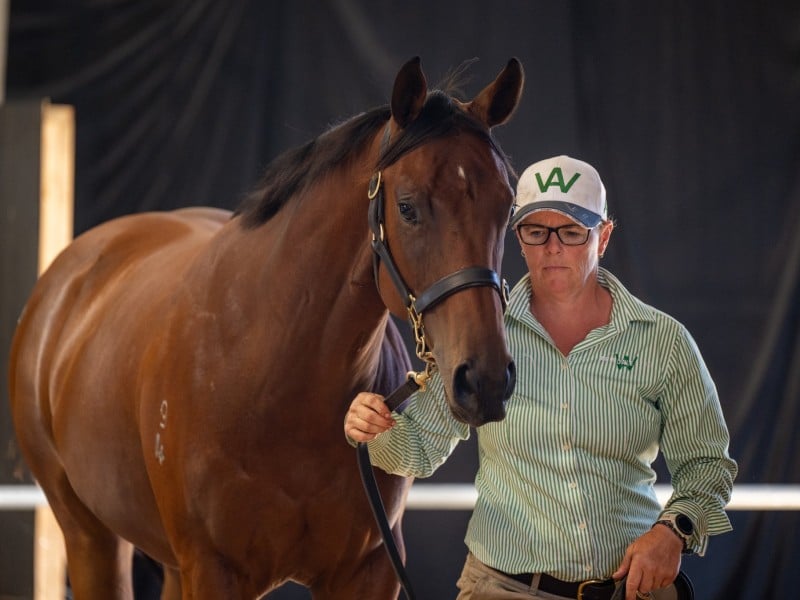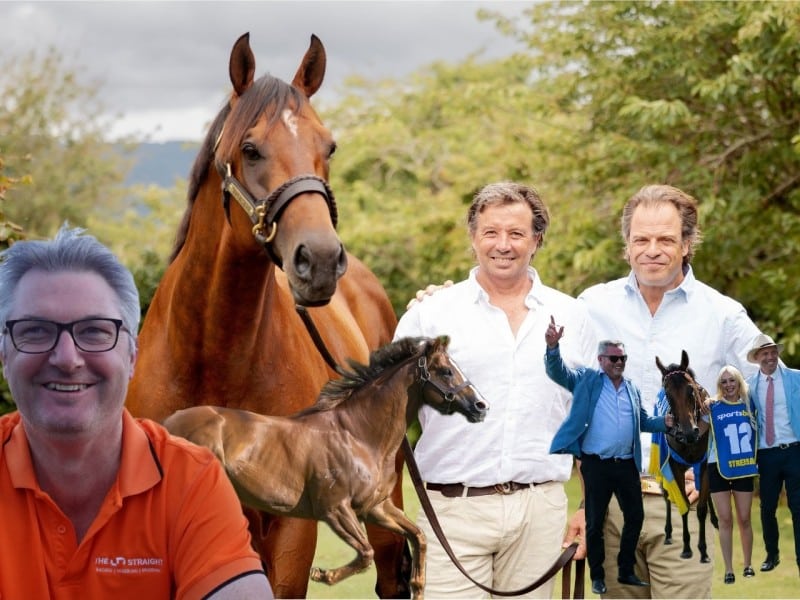Run The Numbers – ‘Off-Broadway’ sires have their day in The Championships spotlight
As a memorable day of racing evolved at The Championships on Saturday, it became apparent that rather than be a showcase of Australia’s leading commercial stallions, it would be the lesser lights who would enjoy their day in the unexpected Randwick sun.
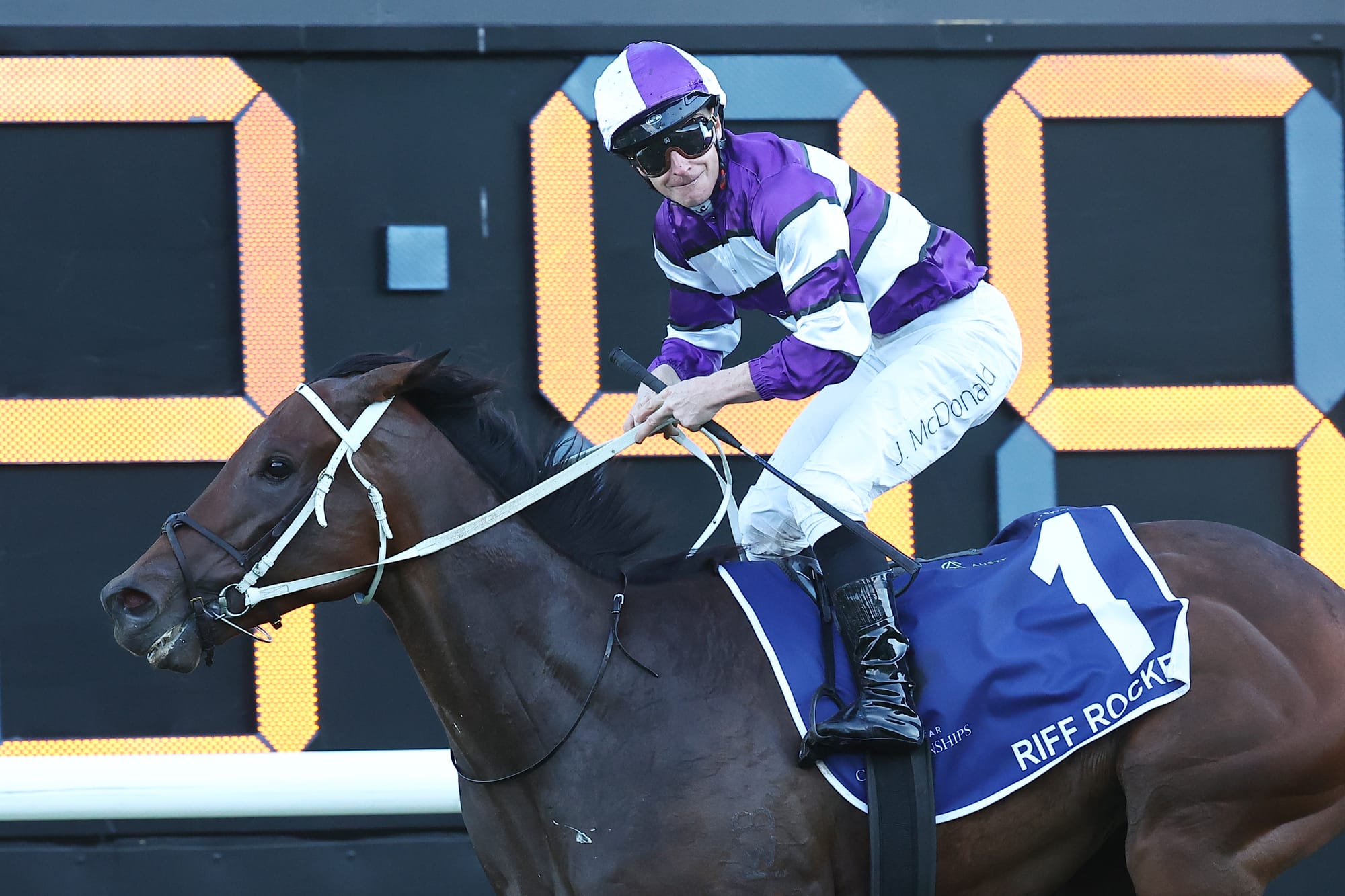
The Michael Freedman-trained Manaal delivered a thrilling first Group 1 win for her sire Tassort in the Inglis Sires and then the Peter Moody and Katherine Coleman-prepared Chain Of Lightning upset Australia’s top sprinters in the TJ Smith, granting a first elite success for her late sire Fighting Sun.
The Group 1 action concluded with Riff Rocket, a phenomenal flag bearer for American Pharoah, completing a Derby double with his success in the Australian Derby, Chris Waller’s first-ever win in the Classic.
Leaving aside the success of Dundeel’s Celestial Legend in the Doncaster – he is one of eight Group 1 winners for his Arrowfield-based sire – three of the four Group 1 winners on Saturdays were the only Australian-bred elite winners for their sires.
It continues a recent trend in Australia, where nine of the 22 Group 1 winners since the start of the calendar year are the only (Southern Hemisphere-bred) Group 1 winners for their sires.
It would not quite be fair to describe some of these sires as ‘one-hit wonders’, but when you look at sires like Bullbars, Mint Lane and Overshare, that is likely the case.
Progeny records of Fighting Sun, American Pharaoh and Tassort
Tassort and Royal Meeting have both had first crop Group 1 two-year-old winners, which is a terrific achievement for two stallions which stood for just $11,000 in their first year.
Grunt, who had Veight win the George Ryder recently, was $13,750 in his first crop, the same price as Fighting Sun was when Chain Of Lightning was conceived. Prized Icon, whose banner horse Tropical Squall is a dual Group 1 winner, kicked off his career at $11,000 as did Overshare, (Lady Laguna).
American Pharoah is the exception. When he arrived at Coolmore Australia in 2017, he was the first US Triple Crown winner to stand in Australia. Accompanied by significant marketing and promotion, he stood for $66,000 and covered 158 mares.
However, the commercial and racetrack success hasn’t flowed as expected from his Australian crops. The arrival of another Triple Crown winner, Justify, the following year also, arguably also impacted the impression he was able to make.
His four Australian crops to the track have so far yielded seven stakes winners from 227 runners, while their average price as yearlings has declined with every crop, from $229,642 to $157,339, then $91,201 and $77,829.
The market, as it often does, has made its mind up quickly and he served his final season in Australia in 2021, with just 26 mares covered. The 13 foals from that crop are now yearlings.
However, his third crop son Riff Rocket, a homebred for Woppitt Bloodstock, has emerged as a generational staying talent as a three-year-old. Saturday’s Australian Derby win was his third Group 1 as he became just the fourth horse to win both Derbies since the Sydney race moved to the autumn in the 1970s.
While he didn’t make the impression expected in Australia, American Pharoah’s record in the Northern Hemisphere is much, much better. He has had 38 stakes winners, including seven Group 1 winners from 516 starters. His elite winners have not only come in the United States, but Japan and France as well.
In that global context, perhaps Riff Rocket isn’t the unicorn he appears to be when you only look at his sire’s Australian progeny.
The success of Chain Of Lightning and Fighting Sun is a story in itself. Stuart Ramsey bred Fighting Sun, selling him as a yearling to Gai Waterhouse on behalf of Sun Stud. He had just two starts and was second favourite for the Golden Slipper before being retired prematurely.
The son of Northern Meteor and Group 1 winner Irish Darling began his breeding career at Sun Stud as a three-year-old.
He died aged just eight in 2020 after a colic attack but was able to produce 193 winners from 354 runners. He has sired five stakes winners, but apart from the Ramsey-bred and raced Chain Of Lightning, has not had any others win at Group level.
Tassort’s racetrack career paralleled that of Fighting Sun. The son of Brazen Beau had two starts as a two-year-old and was well fancied to win the Golden Slipper before he too suffered a career-ending injury.
A half-brother to Group 1 winner Astern, who was already at stud at Darley, he was subject to an offer from Emirates Park. In a rare move, Godolphin agreed to sell him and the Darley blueblood found himself a home at Newgate, who partnered up with Emirates Park.
Emirates Park homebred Manaal delivered a double bonus for her owners in becoming Tassort’s first Group 1 winner. She is one of five first crop winners to date for Tassort, who despite starting out at a modest fee, is proving one of the leading lights in a very strong crop of first-season stallions.
Stallions with Group 1 winners in Australia in 2024
(*stallions with only one SH-bred G1 winner)
What does this do or their future commerciality? Between them Tassort, American Pharoah and Fighting Sun have just one yearling between them catalogued at this week’s Inglis Easter Yearling Sale (although Fighting Sun’s youngest crop are three).
It is too late for a commercial revival for American Pharoah and Fighting Sun, and even if they were still active in Australia, the breeding industry has shown before it subscribes to Aristotle’s theory that ‘one swallow does not a summer make’.
However, the suite of recent Group 1 winners by sires which could be generously described as ‘off-broadway’ is a lesson in the value of an open mind.
All three of the mentioned Group 1 winners were homebreds, given a timely reminder ahead of the Easter Sale frenzy that what happens in the sales ring does not necessarily flow through to the racetrack.
